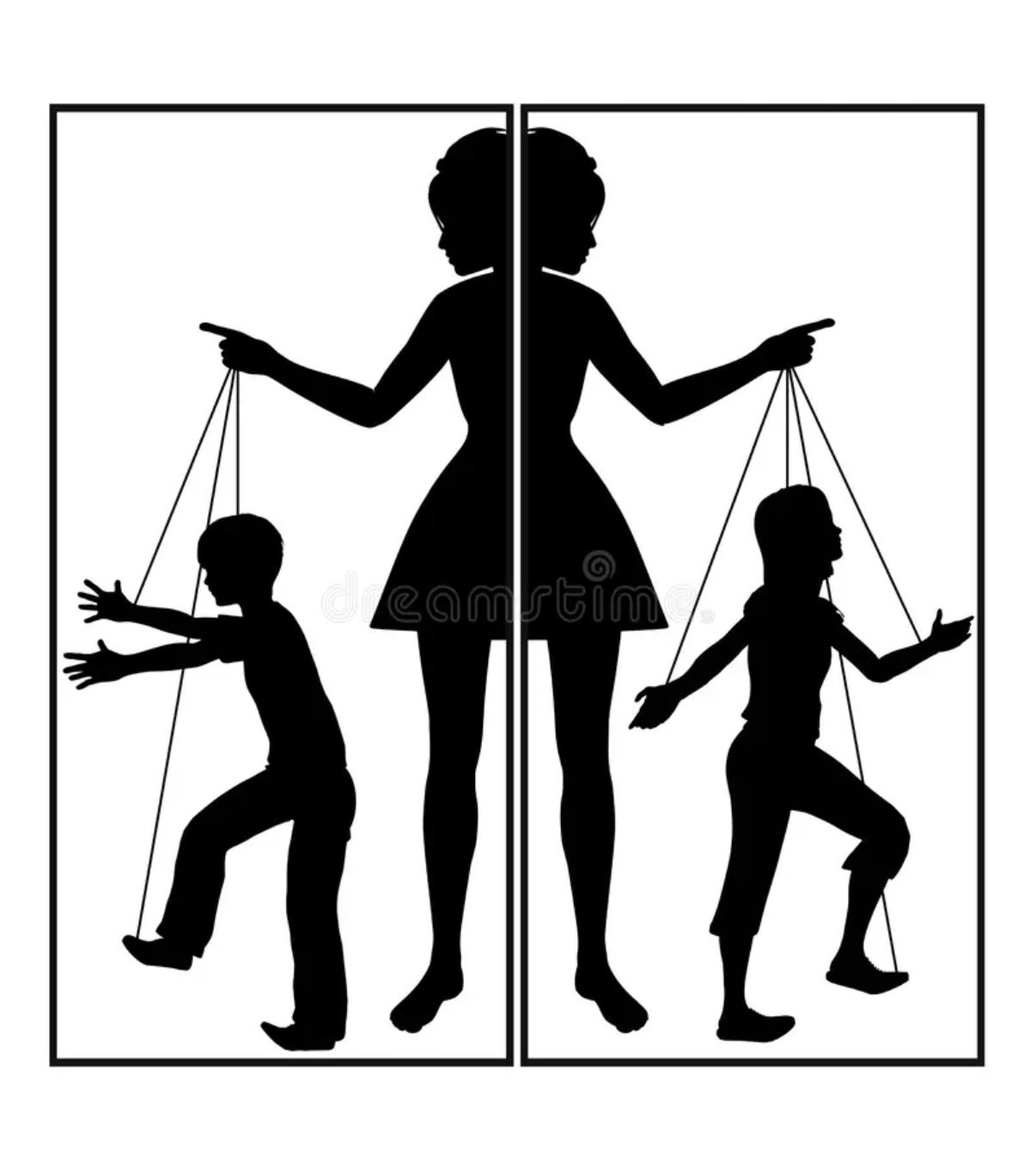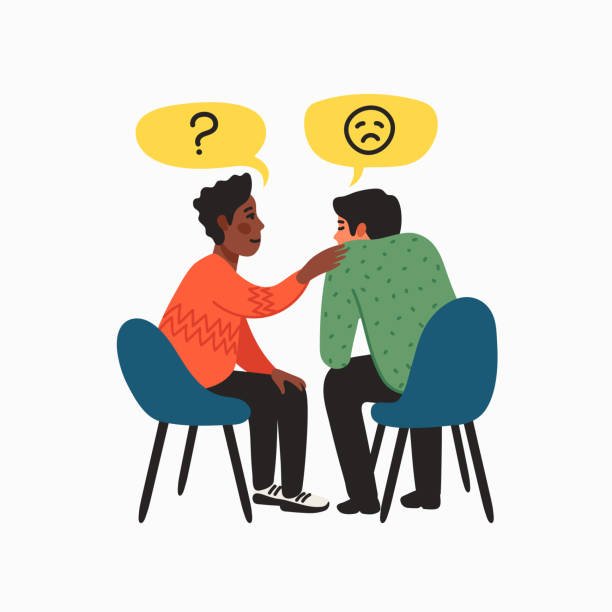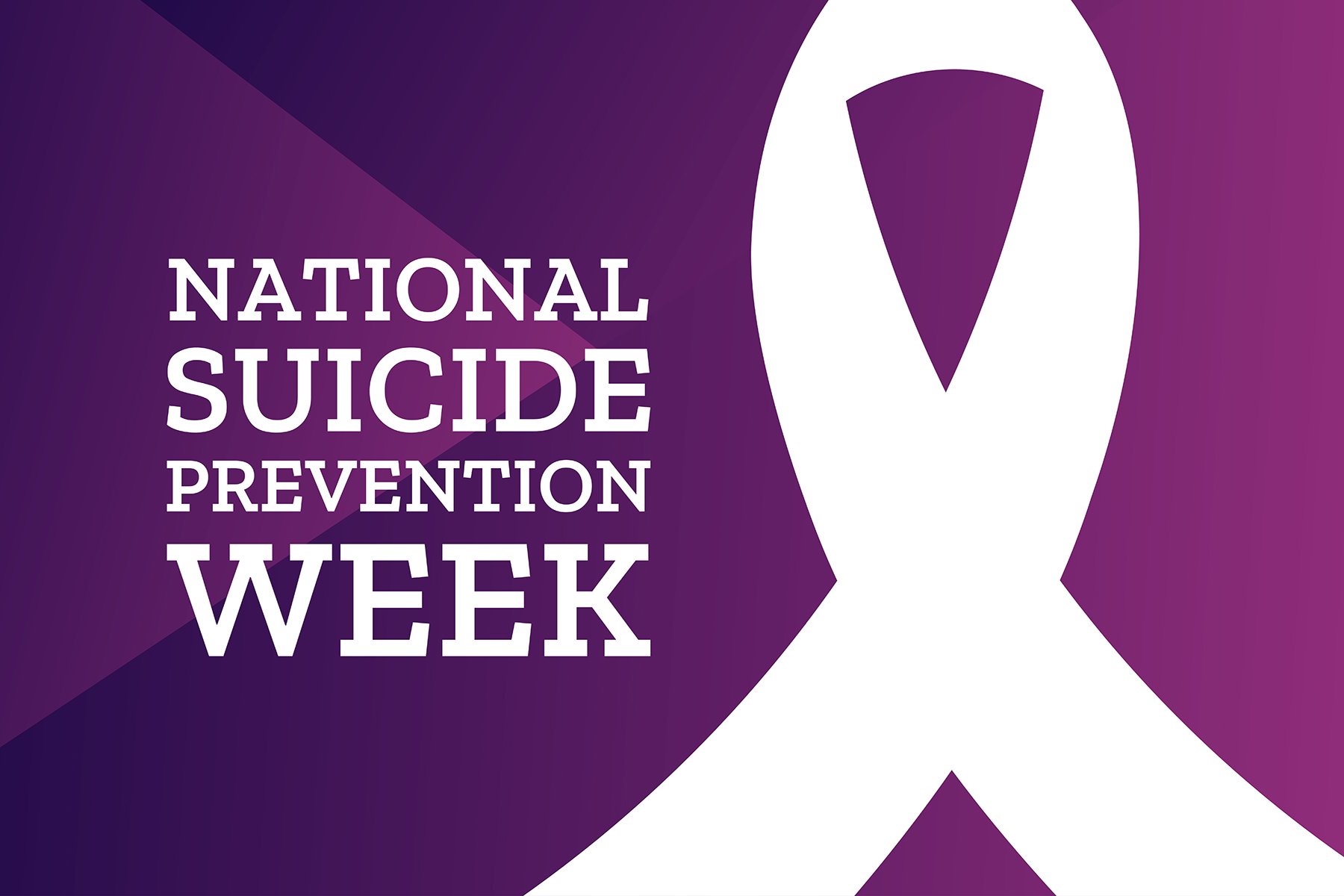
Supporting Those with Major Depressive Disorder: A Compassionate Guide
Supporting Those with Major Depressive Disorder: A Compassionate Guide



What We are Taught in Childhood Can be a Positive or Negative Influence in Our Lives. Let Me Explain by Using the Message “Carry On.”
The key lies in learning to distinguish when this childhood message serves as friend or foe. In situations that challenge our growth or require temporary discomfort for long-term benefit, the "carry on" message empowers us to persist and achieve.










The Present Moment: A Gift We Often Forget to Open
Have you ever sat beside someone in their final days and listened to their deepest regrets? As a hospice social worker, the most heart-wrenching words often weren't about missed career opportunities or unaccumulated wealth—they were about time. "I wish I had been more present." "I wish I hadn't rushed through it all." "I wish I had noticed more sunsets. I wished I had been more present with my loved ones...I always thought we had more time."


How to Cope with a Narcissistic Sibling
The development of narcissistic traits is a complex interplay of genetic predisposition and environmental factors, particularly childhood experiences and parenting styles. While there is no single cause of narcissism, understanding these contributing factors can help in early intervention and prevention.


Understanding and PREVENTING Suicide…
National Suicide Prevention Week is an annual week-long campaign in the United States to inform and engage health professionals and the general public about suicide prevention and warning signs of suicide.


Intimate Partner Abuse
Living in a relationship with an abusive partner is an intensely traumatic and complex experience, often characterized by a constant state of fear, confusion, and emotional turmoil.
DISCLAIMER:
The contents of this website; blog, video, articles, media, book, references, are ONLY for informational and entertainment purposes. It is NOT intended as a psychological service, diagnostic tool, medical treatment, personal advice, counseling, determination of risk and should not be used as a substitute for treatment by psychological or medical services.
Please seek consultation by appropriate healthcare provider. Call 911 if emergency. Call National Suicidal Prevention Hotline 1-800-273-8255 to talk to someone 24/7 if needed. Call National Domestic Violence Hotline at 1-800-799-7233 to talk to someone 24/7 if needed.
Looking, reading, listening to any information on my website, book, and communication with me by email or any other communication with me, you acknowledge and agree that we do not have a professional/client relationship. Use of this site and information associated with this site is solely at the visitor’s own risk.
